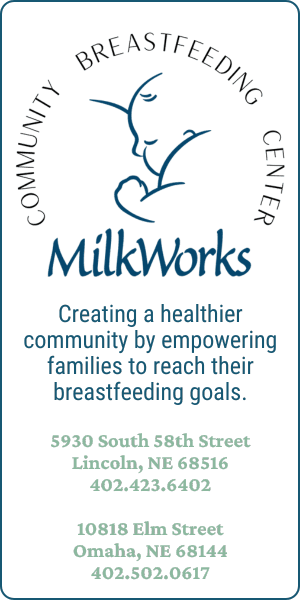
Anesthesia & Pain Medications for Breastfeeding Mothers
How soon is it safe to breastfeed if you receive a local or general anesthesia, or if you need to take a pain relief medication?
Anesthesia
- General Anesthesia is designed to wear off quickly. As soon as you are awake and alert, it has cleared from your system enough to breastfeed, assuming your baby is healthy and full term. If your baby is premature or ill, ask your baby’s doctor how long you should wait before breastfeeding. If your baby is prone to apnea, low blood pressure, or low muscle tone, it may be best to pump and discard your milk for 6 – 12 hours before you resume breastfeeding.
- If you receive a topical anesthetic or a single injection for a dental procedure for sedation or pain, you can breastfeed as soon as you are alert and stable. Commonly used topical agents for dental procedures have usually low excretion into breastmilk so are unlikely to effect a breastfed infant. Although short-acting agents such as fentanyl and midazolam are preferred, single doses of meperidine/pethidine or diazepam are unlikely to affect a breastfeeding baby.
- If you are having plastic surgery, such as liposuction, where large doses of local anesthetics (lidocaine/xylocaine or lignocaine) are used, you should probably pump and discard your milk for 12 hours before you resume breastfeeding.
- Drugs used for anesthetic induction, such as propofol, midazolam, etomidate, or thiopental, enter the milk minimally because they are cleared from the blood so quickly.
- There is little research on anesthetic gases, but they are only in the blood briefly and are unlikely to be in breastmilk in significant amounts.
Pain Medications
- Morphine is considered an acceptable pain medicine for breastfeeding mothers because it does not get into breastmilk well and is not absorbed well by a baby.
- Meperdine (Demerol) should NOT be given to breastfeeding mothers, as it is more likely to cause sleepiness and depressed breathing in a baby.
- Fentanyl levels in breast milk have been studied and are extremely low after two hours.
- Remifentanil (Ultiva) is a VERY short acting drug (<1 hour) sometimes used in short surgical procedures. Babies should be monitored for sleepiness, feeding difficulties, breathing concerns, but these are not likely as it is not absorbed well by the baby. A double-blind study has shown no significant difference between this medication vs meperidine, a medication that is usually not recommended due to concerns/risks for baby.
- Hydrocodone rarely causes excessive sleepiness in babies. Take the smallest effective dose and stop taking it as soon as you can control your pain with Tylenol or Ibuprofen.
- Codeine and Oxycodone should be avoided. They can cause excessive sleepiness in babies.
- The FDA has advised breastfeeding mothers to NOT take Tramadol.
- Ibuprofen or Tylenol, taken as directed, are safe choices for pain control while breastfeeding.
You or your physician may access the latest information available regarding any specific drug at: https://www.ncbi.nlm.nih.gov/books/NBK501922/
Reference: ABM Clinical Protocol #15: Analgesia and Anesthesia for the Breastfeeding Mother, Revised 2017. https://abm.memberclicks.net/assets/DOCUMENTS/PROTOCOLS/15-analgesia-and-anesthesia-protocol-english.pdf
Reviewed March 2024